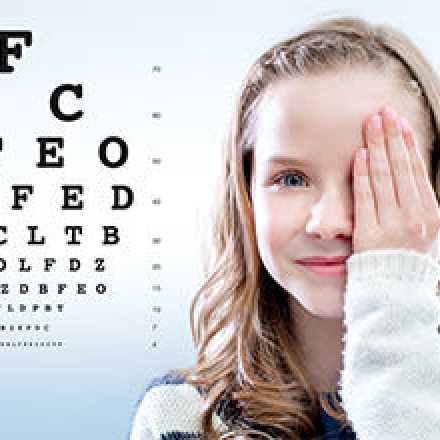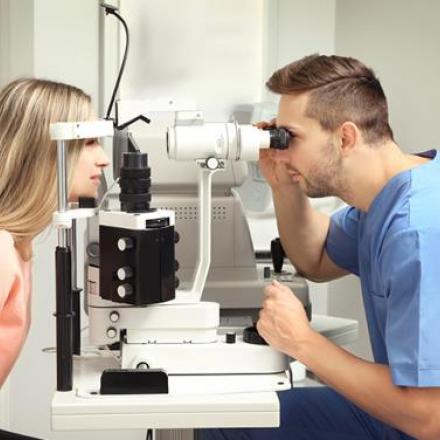
Does LASIK permanently fix eyes?
LASIK (Laser-Assisted in Situ Keratomileusis) is a surgical procedure that corrects certain types of refractive errors, such as nearsightedness, farsightedness, and astigmatism. It reshapes the cornea to improve how the eye focuses light, thus reducing the need for corrective eyewear like glasses or contact lenses. While LASIK can provide long-lasting vision correction, it does not guarantee permanent results for everyone.
LASIK can significantly improve vision for many individuals, and the effects can last for many years, if not a lifetime.
For example, LASIK cannot prevent the development of presbyopia, which is a natural age-related condition that causes difficulty seeing close up. As you get older, your lens becomes less flexible and less able to focus on nearby objects. This can lead to blurry vision for reading, driving, or other activities that require close vision.
However, it's important to note that certain factors can influence the longevity of the results:
Age-related changes: As you age, your eyes naturally undergo changes, including changes to the shape of the lens and the development of conditions like presbyopia (difficulty focusing on close objects). These age-related changes may affect your vision and could require additional corrective measures.
Prescription stability: LASIK outcomes are generally more predictable and stable when the prescription has remained stable for at least a year before the surgery. If your prescription continues to change after LASIK, you may require additional procedures or alternative vision correction methods.
Individual variations: Each person's eyes are unique, and there can be variations in how eyes respond to the LASIK procedure. Factors such as corneal thickness, corneal stability, and healing response can influence the long-term results.
Other eye conditions: LASIK may not be suitable for individuals with certain eye conditions, such as cataracts, glaucoma, keratocnus or severe dry eye syndrome. These conditions can affect the long-term outcome of LASIK.
It's important to consult with an experienced eye surgeon or ophthalmologist who can assess your individual circumstances and determine if LASIK is a suitable option for you. They will be able to provide more specific information about the potential long-term effects and answer any questions you may have.






